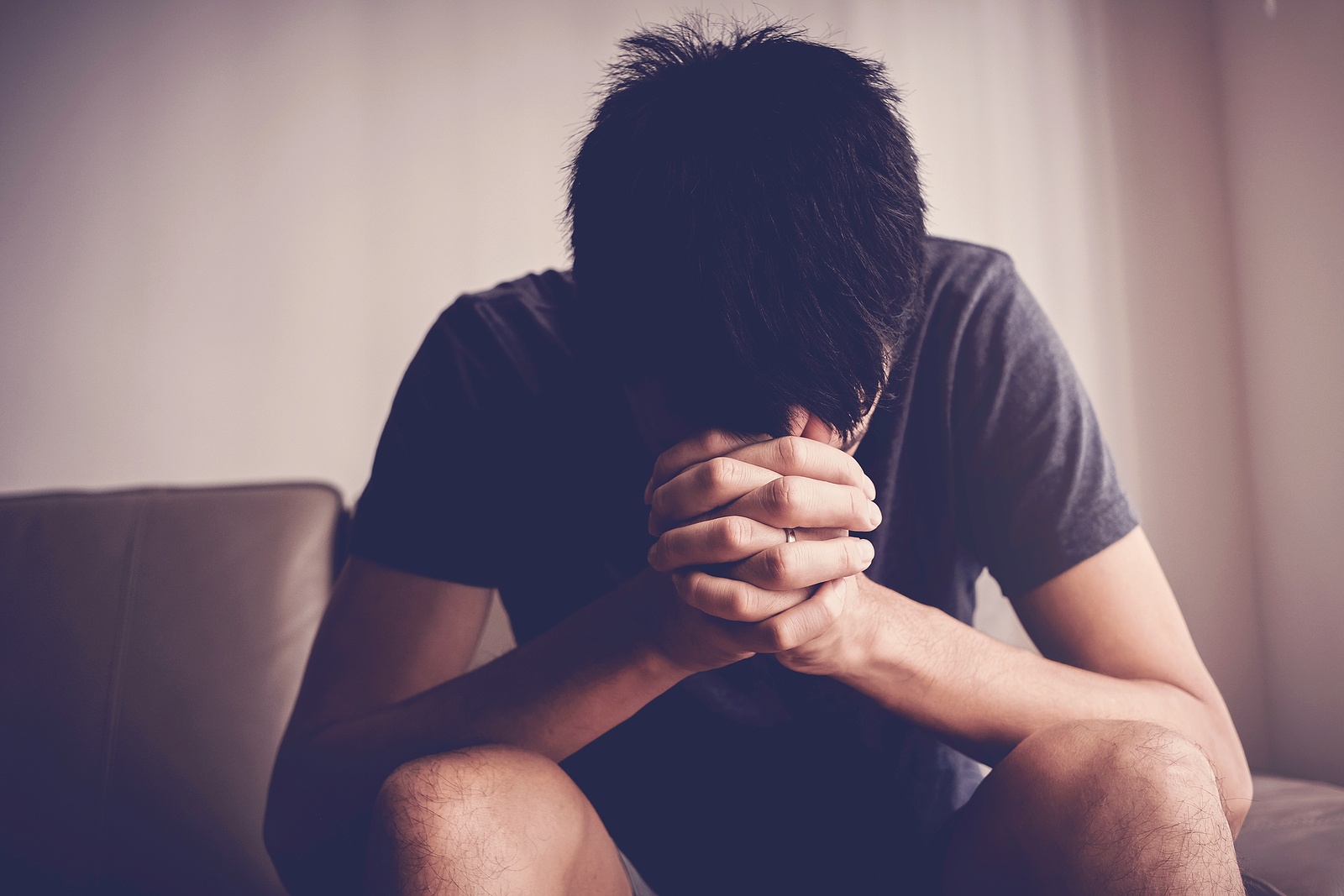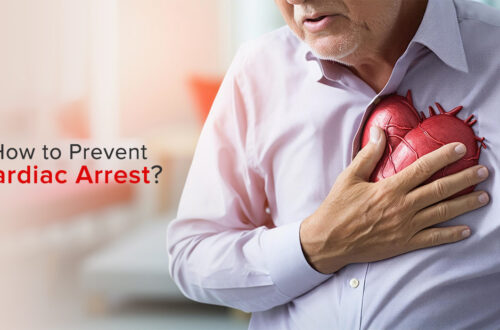ANXIETY AND ANXIETY DISORDER
Anxiety and anxiety disorder is another emotional and mental health that need serious attention. Anxiety is your body’s natural response to stress. It is a feeling of fear and apprehension about what’s to come. The first day of school, going to a job interview, or giving a speech may cause most people to feel fearful and nervous.
But if your feelings of anxiety are extreme, last for longer than six months, and are interfering with your life, you may have an anxiety disorder (Healthline).
Anxiety feels differently in different individuals. You might feel like you’re standing in the middle of a crumbling building with nothing but an umbrella to protect you. The anxious person experiences a general sense of apprehension and worry that considerably alters normal life.
YOU MAY LIKE: How to Overcome Shyness
Anxiety disorders are the most common form of emotional disorder and can affect anyone at any age. According to the American Psychiatric Association, women are more likely than men to be diagnosed with an anxiety disorder.

Deep causes of Anxiety:
By experience, it is known that personal insecurity and feelings of failure are deep causes of anxiety. It is also common to find feelings of guilt as ultimately responsible for anxious manifestations.
The first two causes have to do with feelings of low self-esteem (Read here). As for the person with guilt feelings, she/he needs to examine the past and try to obtain forgiveness from those offended; or else, take care of her or his life direction, if that is the cause of distress.
The believer who has accepted God as the source of forgiveness can receive great benefit from prayer. It is a reconciling experience that completely erases the past and offers a new beginning.
READ ALSO: Perfectionist Problems
Symptoms include:
- increased heart rate
- rapid breathing
- restlessness
- trouble concentrating
- difficulty falling asleep
In essence, below are the types of anxiety and symptoms
As mentioned above, generalised anxiety includes:
- ‘Nerves of a fidgety feeling
- Fatigue
- Difficulty with concentration
- Irritability
- Muscular tension
- Sleep disruption
- Decrease in sexual desire
- Anxiety with Panic attack
- Palpitations
- Rapid breathing
- Cold sweat of hot flash
- Sensation of horror
- Nausea
- Dry mouth
Anxiety disorder?
Anxiety is a feeling of fear you have when you must do something stressful. It’s normal to feel anxious about moving to a new place, starting a new job, or taking a test. Normal anxiety is unpleasant, but it may motivate you to work harder and to do a better job. Normal anxiety is a feeling that comes and goes, but does not interfere with your everyday life.
In the case of an anxiety disorder, the feeling of fear may be with you all the time. It is intense and sometimes debilitating. This type of anxiety may cause you to stop doing things you enjoy. In extreme cases, it may prevent you from entering an elevator, crossing the street, or even leaving your home. If left untreated, the anxiety will keep getting worse.
There are many different disorders in which anxiety is a key feature, including:
- panic disorder: characterized by bouts of intense fear or terror that develop quickly and unexpectedly
- phobia: excessive fear of a specific object, situation, or activity
- social anxiety disorder: extreme fear of being judged by others in social situations
- obsessive-compulsive disorder: recurring irrational thoughts that lead you to perform specific, repeated behaviours
- separation anxiety disorder: fear of being away from home or loved ones
YOU MAY LIKE: Low Self Esteem and Insecurity
How to prevent anxiety
There are many preventive tasks capable of avoiding and also soothing the symptoms when they appear;

- Talk about your problems: Seek the close company of people. Interact with a person or persons to share your experience widely.
- Eat adequately: Eat food of plenty of complex carbohydrates (all types of grains) and start your day with a good breakfast; soya milk, wholegrain bread, fresh fruit and nuts.
- Look for self-help group
- Keep yourself informed of your problem and possible solutions
- Practice relaxation: Tension goes along with any form of anxiety and it is necessary to know how to attain relaxation frequently and in a systematic manner.
- Use breathing as calming method: It is amazing how simple breathing exercises can bring about so much relief and avoid complications in a situation of anxiety.
You also like this article: Music Recommended For Your Healthy Living
Anxiety disorders can be treated with medication, psychotherapy, or a combination of the two. Some people who have a mild anxiety disorder or a fear of something they can easily avoid, decide to live with the condition and to not seek treatment.
It is important to understand that anxiety disorder is an illness and can be treated, even in severe cases.
Lastly, God cares so much about you. He loves you immensely, make a decision to make Him your personal Lord and Saviour. He will not leave you forsaken. Let God know that you’re ready to let Him fight for you.
Remember:
‘Peace I leave with; my peace I give you. I do not give to you as the world gives. Do not let your hearts be troubled and do not be afraid’ (John 14:27).
Source: Healthline
FOR MORE ARTICLES READ HERE
ALSO CONSIDER THE FOLLOWING
Effects of Racism and Xenophobic Attitudes on Health

A graduate of Computer Science and Information Management Technology. Diploma – Caregiving, Certificates – Dementia and Diabetes Awareness and Management. A researcher, blogger, songwriter, singer and acoustic guitarist. Born in an environment where natural talents such as healing are imparted at our natural birth. This natural talents of healing is the result of our genetic inheritance and the training from family environment.













